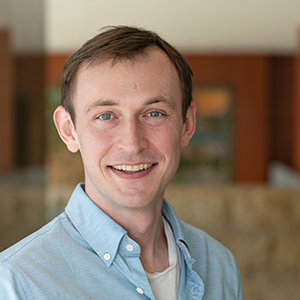The research community at the Institute includes visiting scholars, consultants, economists, research analysts, and research assistants. These scholars bring a diversity of backgrounds, interests, and expertise to research that deepens our understanding of economic opportunity and inclusion as well as policies that work to improve both.
As an applied math major at a historically Black university, North Carolina A&T, Monique Davis thought she would become an actuary. A solid career for sure, but she found the work rote. Plug numbers into this program. Consult a formula.
Economics, however, engaged Davis’ interest and challenged her abilities. The idea of analyzing choices in an organized way and then connecting that analysis to data sparked something for her. Others noticed, too. “When two professors independently on the same day said, ‘You need to add economics as a second major,’ that’s a sign,” Davis recalled.
But what to do with these skills? It was during Davis’ time after college that her direction crystallized. Debates during the 2016 presidential election seemed to circle around race and economics as broad forces shaping our political system and our economy. At the same time, Davis was reflecting on individuals’ choices. Davis’ grandmother had an MBA—a “high-status family background,” in the language of labor economics. But that did not guarantee stable lives for her kids and grandkids. Davis wondered why. What choices led to those outcomes, and what forces led to those choices?
Then, at the end of Davis’ first year in the applied economics Ph.D. program at the University of Minnesota, everyone was suddenly talking about how social forces shape economic choices. After George Floyd was murdered by Minneapolis police officers in May 2020, Davis said, “a lot of people in my personal life, White friends, were saying ‘Monique, I get it now.’” But did her chosen field, economics, have the language to reflect the interplay between collective ideas and individual actions?
Davis began working on stratification economics, a developing field that combines the idea of rational decisionmaking with the idea that people value their group identity, especially when it brings economic privileges. She has been able to apply this background as a research assistant at the Institute. She currently researches how law enforcement officers in schools affect discipline and educational outcomes differently for Black versus non-Black students.
“This is why I really wanted to get this degree in the first place,” Davis said, “to focus and highlight Black issues and to make things more equitable not just for the Black community but for any marginalized community.” Davis isn’t consulting a formula anymore—she’s working to change the formula.







